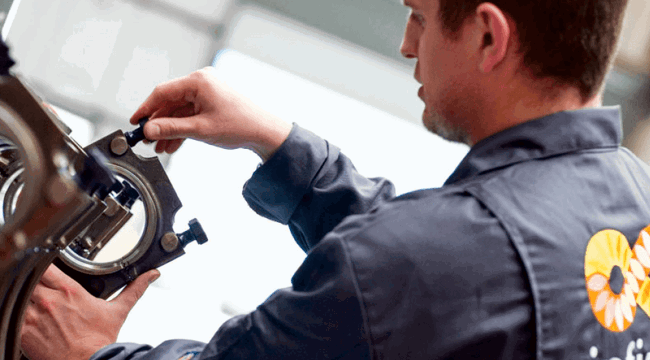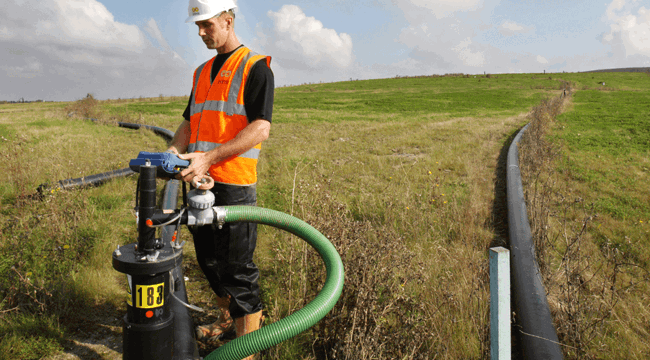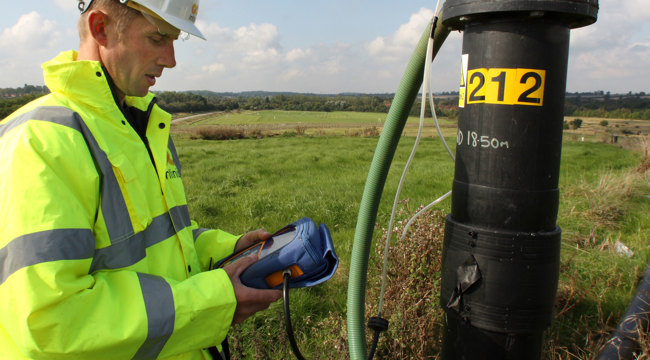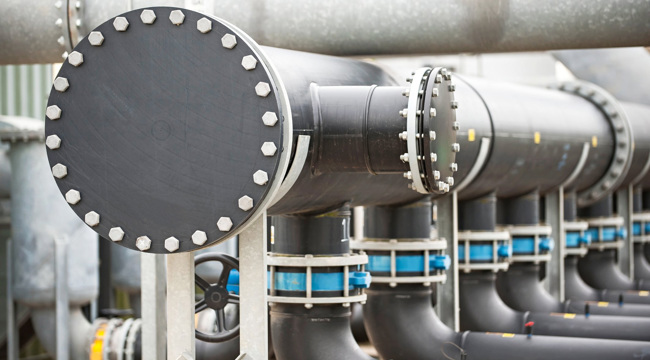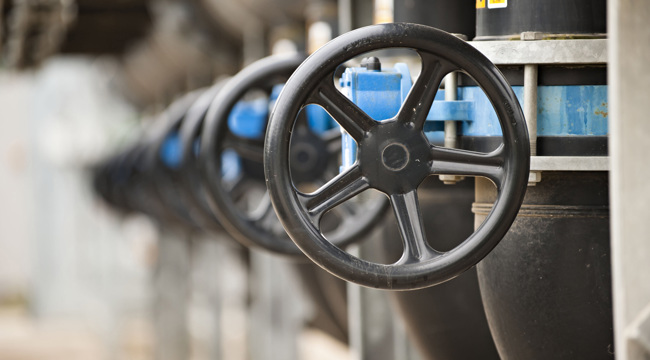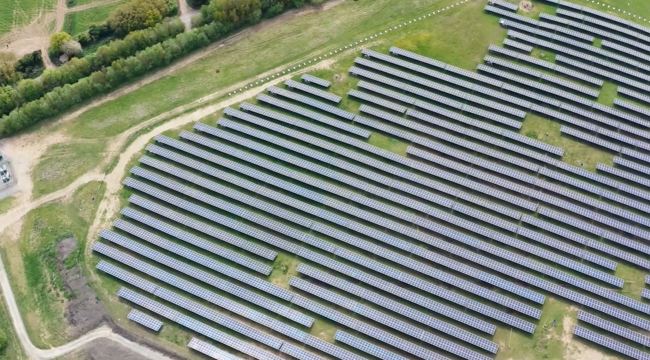-
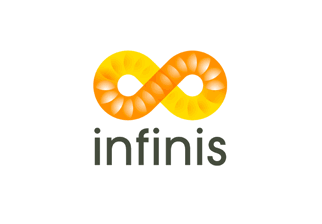
Infinis
UKUtilities
Overview
Infinis is the UK’s leading generator of low carbon power from captured methane. The business captures methane gas from landfill sites and disused mines and converts it into electricity. Its sustainable energy expertise also includes solar power and battery energy storage technology. This work helps to reduce the impact of greenhouse gas emissions on climate change and provides secure, efficient local power generation.
Infinis’s cashflows are positively correlated with UK inflation through the Government-backed Renewables Obligations Certificate (ROC) and CfD regimes and through index-linked corporate PPAs. Infinis’ current generation portfolio comprises:
- Captured methane: 255 MW across 104 sites
- Solar: 103 MW across 4 sites
- Flexible generation: 173 MW across 29 sites
This unique combination of green baseload power, renewable assets and flexible generation mean Infinis is ideally placed to respond to growing electricity demand, increasing energy market volatility and to play a key role in the UK’s route to decarbonisation and greenhouse gas reduction.
Recent developments
Infinis had a strong financial performance despite lower UK power prices. It generated a value gain of £20 million as its captured landfill methane business outperformed expectations, compensating for lower margins from its power response assets. Furthermore, Infinis is making significant progress in developing its 1.4GW solar energy generation and battery storage pipeline, with 103MW of solar capacity already operational.
Investment rationale
The investment in Infinis is foremost a yield play. Its front-ended cashflows balance other recent investments by the Company in more growth-oriented businesses. Revenues are underpinned by the inflation-linked UK Renewables Obligation Certificate (“ROC”) regime until 2027. Infinis could also become a platform to make new investments in activities such as distributed power generation from other gas sources, distributed energy storage by exploiting the business’s spare engine and grid connection capacity, and additional landfill gas sites.
Infinis and its market
Infinis is the largest generator of electricity from LFG in the UK, with a portfolio of 121 landfill sites and total installed capacity of over 300MW. LFG is produced by decomposing organic matter in landfill sites. If released into the atmosphere unchecked, LFG contributes to pollution and is a potent greenhouse gas. By extracting LFG from landfill sites, Infinis fulfils an essential role in helping landfill operators meet their environmental compliance obligations. By using the collected LFG to generate electricity, Infinis supplies distribution networks with a consistent source of baseload power.
Sustainability
Infinis’ activities support the UK’s journey to net zero in several key ways:
- Methane is a greenhouse gas. Methane emissions cause 25% of global warming today, with a major surge over the past 15 years. By capturing methane from landfill sites and disused coal mines, Infinis fulfils an essential role in helping landfill operators meet their environmental compliance obligations and contributing to the UK’s reduction of greenhouse gas emissions. By using the captured methane to generate electricity, Infinis supplies distribution networks with a consistent source of green baseload power.
- The government views solar power as key to achieving UK energy independence, with plans to deliver up to 70GW by 2035. Infinis’ ability to deliver solar, including on challenging brownfield and landfill sites, increases the contribution of renewables to the UK’s generation mix. Its continued investment in renewable energy is helping the UK reduce its reliance on fossil fuels.
- Flexible generation provides support for the grid as intermittent renewable generation increases, enabling a stable supply of electricity to UK homes and businesses to be maintained.
Infinis' broader sustainability strategy revolves around creating value for its stakeholders, through protecting health, wellbeing and safety, reducing carbon emissions, eliminating exploitative work and improving diversity and inclusion.
Key facts>130 operational sites531 MW of installed capacity217,000 tonnes of captured methane in FY24
